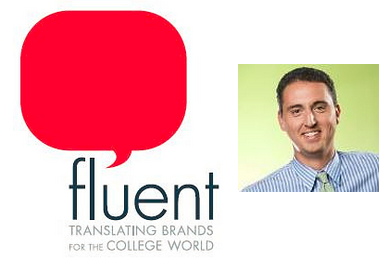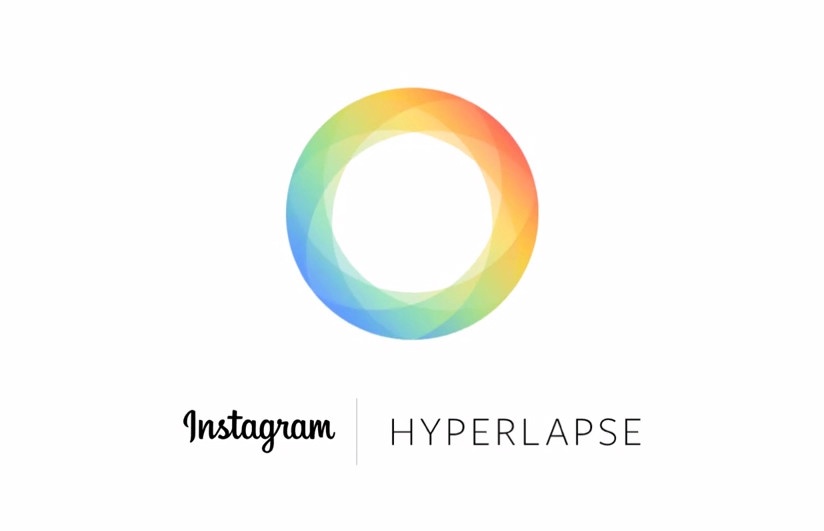TOP TALK
Fluent Interprets Next Wave of Millennial Consumers for Brands

Posted By Colleen Irish on October 17, 2014
Just when brands think they’ve figured out how to communicate with consumers in today’s digital age, they’re hit with the next wave of Millennials (or Gen Z), whose digital nativeness and cultural values require a very different approach to engagement. This coveted, yet hard to crack, group of 17 to 20-somethings wields up to $200 billion in buying power, and if brands are not careful in building a marketing strategy that is authentic and appealing to this unique audience, they’ll be beat out by the next competitor who is.
Digitally and through offline experiential campaigns, Tier One’s client Fluent works with the world’s leading brands to help them understand and engage with College Millennial Consumers (CMCs) nationwide. Part of the firm’s secret sauce is an exclusive affiliation with the National Association for Campus Activities (NACA), allowing its clients inside access to nearly 1,000 colleges and universities through integrated marketing solutions that create brand loyalties.
Tier One’s Colleen Irish sat down with Fluent EVP of Digital and Insights Darren Ross to talk about what makes this latest generation to come of age unique, and how brands might best relate to this group for increased engagement and relationships that stick.
Q: What makes the GenZ generation different from GenY or the so-called Millennials? What characteristics are unique?
A: We refer to this next wave of college Millennials as the “once in a lifetime generation.” Just about every two years, there has tended to be a significant, never-before-type event in their lifetime that has shaped their outlook on life and who they are. It started when they were very young with 9/11 and continued through the financial crisis and recession, Super Storm Sandy, the legalization of gay marriage, the election of our first black president…this cycle has impacted Gen Z’s opinions, how they interact with each other, their work interests, and what’s most important to them.
These life-altering events create a big distinction between a 35 year old and 24 year old, and how they view the world. Another key distinction for the younger Gen Z generation vs their older Millennial brethren is technology. As true digital natives, this newer group has been exposed to computers from the very beginning, enabling them to communicate, advance and accomplish things in a new and usually positive way.
The constant and instant access to information through their always-on mobile devices has made an incredibly big difference in how they interact with each other and share information. The good news here is that a cool advertising message, video or promotional offer can instantly go viral and build immediate exposure for a brand.
On the flipside however, these characteristics can have drawbacks. At times, this generation’s empathy and kindness can be in question because they are so direct, with limited sensitivity toward others’ feelings when communicating online. If a brand generates something that turns this target audience off, it can be instantly shamed or buried by this group and never stand a chance at winning them over again.
Q: Why should businesses care about the college market in particular? Why, for instance, are Macy's, Microsoft, Kellogg's and L'Oreal all working with you to engage the college student?
A: College is a time when most Millennials are out of the house for the first time, and have the power to make purchasing decisions on their own. Because they’re young and many preferences and opinions have not been fully formed yet, CMCs are impressionable; they’re open and willing to try new things. So, brand relationships formed at this time can be deep and lasting.
The challenge for brands however, and why they turn to Fluent to engage with this market, is they know they lack the authenticity to make real connections with this audience. They often simply don’t know what will work with this group. CMCs don’t respond to traditional advertising. Instead, to interact with College Millennials on or off campus, a brand needs to build real credibility with this audience. Otherwise the brand comes across like an awkward stranger.
This is where we come in. Through our network of Student Translators, we have exclusive insider access to “tastemakers” and trendsetters on campus, translating into key insights for creative, integrated marketing campaigns that work because they’re relevant to the CMCs and connect with them where they eat, sleep, study, work and play.
For instance, when Macy’s wanted to connect with college students, we created on campus pop-up stores with clothing Millennials couldn’t resist. For L’Oreal, we created color parties where Millennials had fun trying out product first-hand in a social setting.
By reaching out and getting CMCs involved with your product by using key peer influencers , online discounts and hands-on trialing, you earn their attention, respect and advocacy.
Q: What are some things brands are doing right and doing wrong when trying to talk to the college market?
A: The brands that make it work are those who take their messaging and tailor it to speak directly to the college market, so that it becomes an extension of their brand but one that feels special to this audience. This generation cares about personal relevancy more than any other we’ve seen.
Keurig is embracing social and experiential tactics tailored to each school to promote the brand on campuses, featuring a tailgate tour, school-specific decals to personalize their coffee machines, product samplings and discounts. Zipcar offers college student special membership tailored to their needs.
Brands who miss the mark are those who just show up and throw samples at people. This tactic is more of a one-off marketing gimmick that won’t have a lasting effect since there’s no ongoing dialog or engagement plan in place. These students don’t mind that you’re there to sell something – they get that; they just want to know you care enough to understand who they are.
You don’t want to be the brand that throws a really great concert on campus, but then gets more Tweets asking why your company held the event instead of how cool it was.
Q: What's the single most important thing to know about today's 17-24 year olds?
A: This next gen of Millennials hates most of all to be labeled. But at same time, they realize that acting as a group and achieving “group synch” is very powerful, especially online where there is quick and easy access. They understand how to act as a group and leverage technology to organize quickly.
Millennials, especially Gen Zs, sense their influence perhaps more than previous consumer groups. They care about causes; they’re connected to a large number of people; and they’re using a number of different technology platforms. So I can’t emphasize enough the importance of taking the time to really know this generation, to go on campus and listen to them. Know their hopes, dreams, disappointments and aspirations – that’s how you’ll learn to speak their language and become a brand they’ll feel connected to for the rest of their lives.



